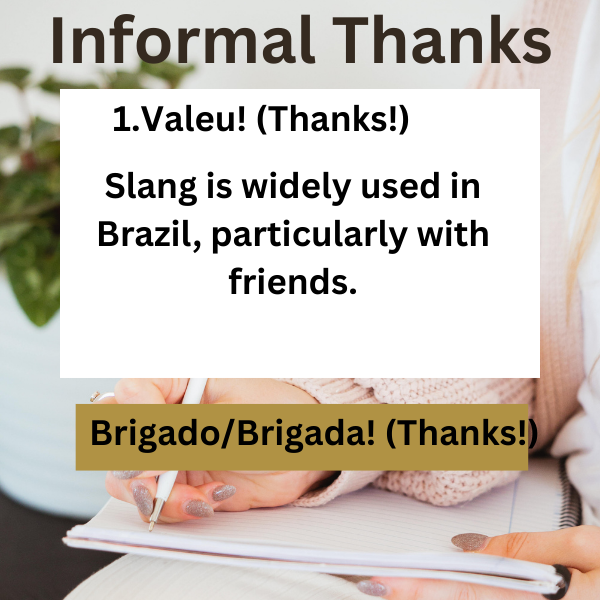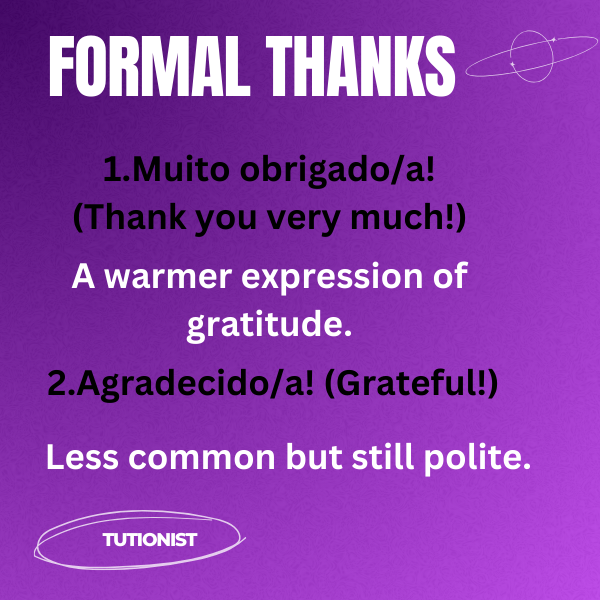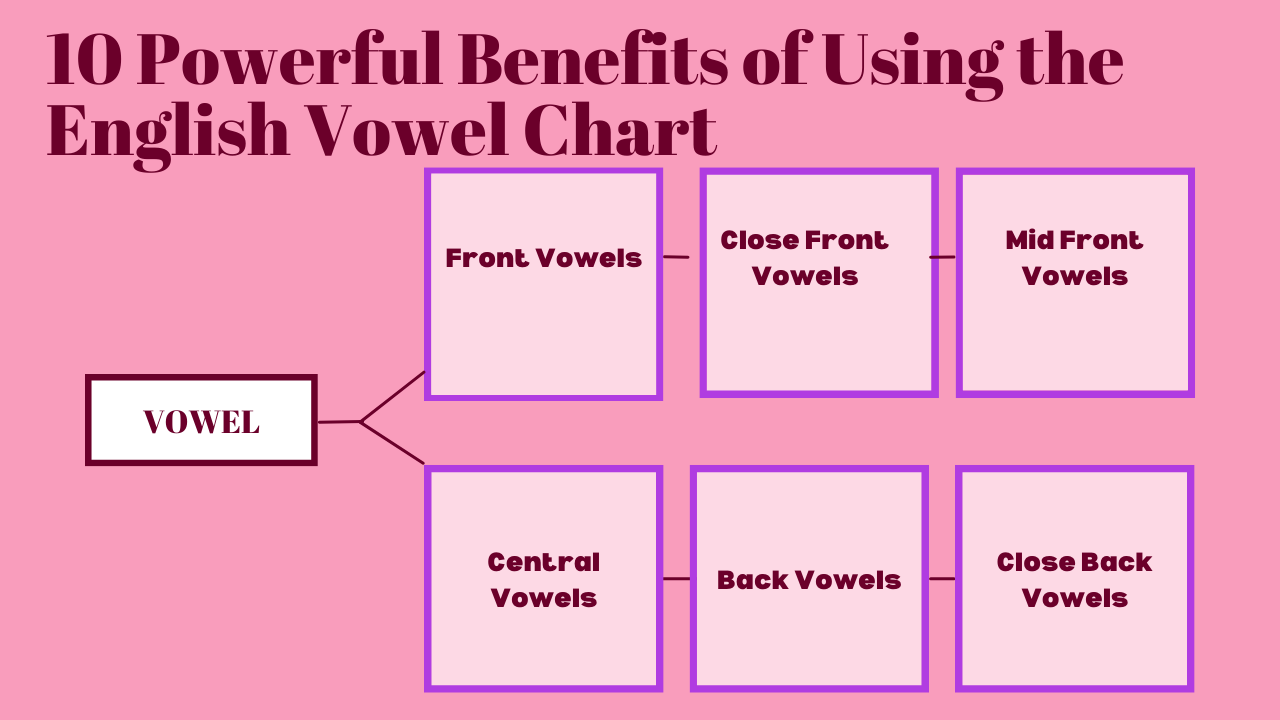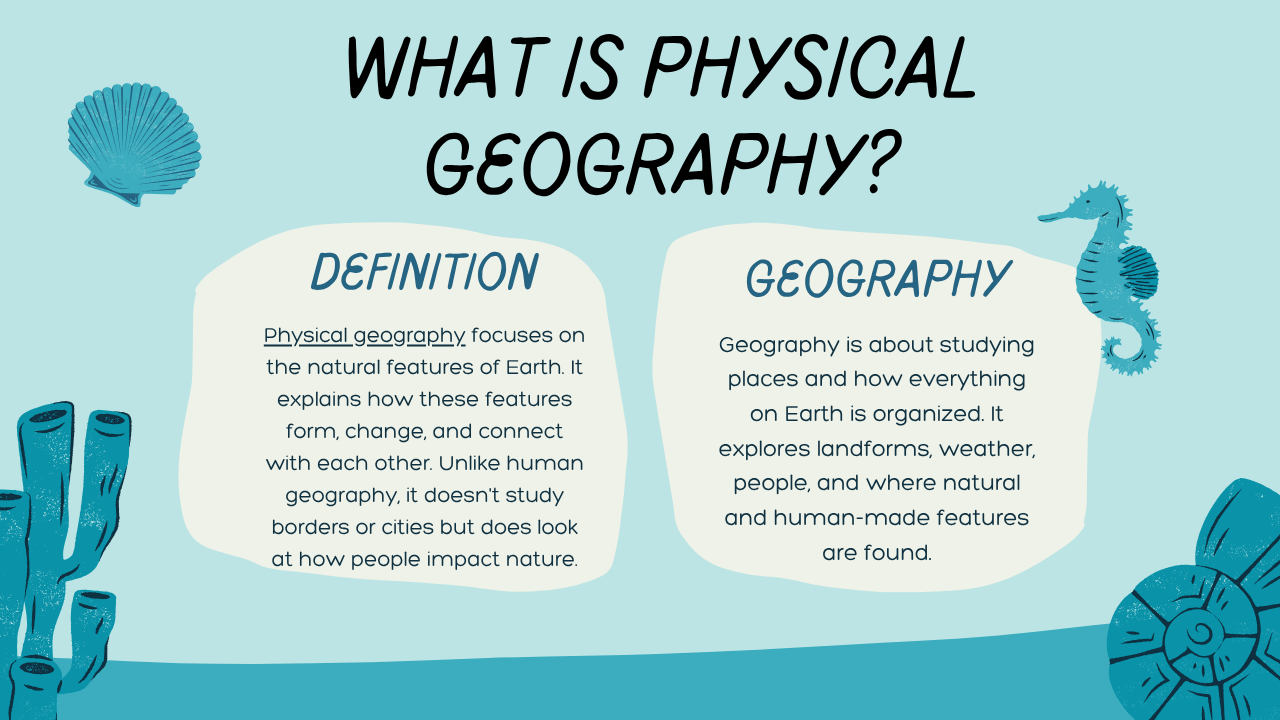Saying “thank you” is a language all people can understand, wherever you are in the world. Suppose you are learning Portuguese or are going to visit a Portuguese-speaking nation such as Brazil or Portugal. In that case, you’ll be able to communicate more effectively and authentically by learning to say “thank you” in Portuguese. This tutorial looks at phrases you’ll use most often, cultural context, and some practical advice on how to express gratitude in Portuguese naturally and easily.
Common Phrases for Saying Thank You in Portuguese
The simplest way to express “thank you” in Portuguese is to say “Obrigado” or “obrigada.” These phrases are widely used in every Portuguese-speaking nation and are part of your must-know vocabulary.
- Obrigado (for men): Use “obrigado” if you are a man.
- Obrigada (for women): Use “obrigada” if you are a woman.
- Example of Use:
- Obrigado! (Thank you!) when you are a man.
- Obrigada! (Thank you!) when you are a woman.
This handy little phrase can be applied in nearly any situation, so it’s a useful addition to your arsenal when you’re speaking Portuguese
Gender Agreement in Obrigado or Obrigada
English is different in that one word can be used for anyone, but Portuguese does include gender as part of the structure of the language. That means that the “thank you” you use will be based on your gender, not the gender of the other person.
- If you’re a man speaking, you say “Obrigado,” to anyone.
- If you’re a woman speaking, you say, “Obrigado.”
This little gesture can indicate to others that you honor and appreciate the Portuguese language and customs.
Example Situation:
- If you’re a female expressing gratitude to a waiter for fine service, you’d say, “Obrigada pelo ótimo atendimento!” (Thank you for the fine service!)
- If you’re a guy in your situation, you’d say, “Obrigado pelo ótimo atendimento!”
Other Ways to Say Thank You in Portuguese
While “Obrigado/a” is the most widely used and general way of saying “thank you in Portuguese,” there are a number of other expressions to convey gratitude based on context.

Informal Thanks:
1.Valeu! (Thanks!)
- Slang is widely used in Brazil, particularly with friends.
2.Brigado/Brigada! (Thanks!)
- An informal, shortened form of “Obrigado/a.”
Formal Thanks:

1.Muito obrigado/a! (Thank you very much!)
- A warmer expression of gratitude.
2.Agradecido/a! (Grateful!)
- Less common but still polite.
3.Eu agradeço! (I thank you!)
- Elegant and sincere.
Expiring Deep Gratitude
- Obrigado/a de coração! (Thank you from the heart!)
- Sou muito grato/a! (I’m deeply grateful!)
Specialized Phrases:
- Obrigado/a pela ajuda! (Thank you for your help!)
- Muito obrigado/a pela oportunidade! (Thank you very much for the opportunity!)
Formal vs Informal Gratitude in Portuguese
Portuguese, like many other languages, has formal and informal ways of communicating. Knowing when to use formal or informal expressions creates a positive impression and fosters respect.
Informal Situations:
Use phrases like “Valeu!” or “Brigade/a!” when thanking friends, family, or people you know well. Example:
- Valeu pela festa incrível! (Thanks for the amazing party!)
Formal Situations:
For professional settings, addressing someone older or thanking a stranger, use more formal phrases such as “Muito obrigado/a!” or “Eu agradeço!” Example:
- Muito obrigado pela apresentação inspiradora! (Thank you very much for the inspiring presentation!)
Regional Variations in Expressing Gratitude
Brazil and Portugal are the two largest communities of Portuguese speakers, and both have unique ways of expressing gratitude.
Brazil:
- Valeu! is extremely common in Brazil and is used casually among friends.
- Brazilians typically pronounce “Obrigado/a” with an open and fluid accent, making it sound softer.
Portugal:
- Portuguese speakers from Portugal generally stick to “Obrigado/a” and don’t use informal slang like “value.”
- The country’s intonation is more clipped and formal when saying “Obrigado/a.”
By understanding these regional differences, you can tailor your thank-yous and fit seamlessly into whichever Portuguese-speaking community you’re interacting with.
Practice Gratitude in Portuguese Today
Whether you’re travelling, working, or simply expanding your language skills, learning how to say “thank you in Portuguese” is both practical and rewarding. Here are some actionable steps to build your confidence:
- Practice saying phrases like “Obrigado/a” and “muito obrigado/an” in front of a mirror or with a friend.
- Immerse yourself in Portuguese media, such as shows, podcasts, or YouTube videos, to hear native speakers expressing gratitude.
- Next time you’re at a Brazilian café or Portuguese bakery, try using “Obrigado/a” to thank the staff!
Polishing your language skills by focusing on gratitude is not just about learning a language but also about building connections and appreciating the culture.
Frequently Asked Questions
1.How do I say “thank you very much” in Portuguese?
You say, “Muito obrigado” if you’re male and “Muito obrigada” if you’re female.
2.Is “value” appropriate in formal situations?
No, “Valeu” is casual and best suited for informal settings among friends or peers.
3.Do I always need to match the phrase “Obrigado/a” to my gender?
Yes, in Portuguese, you choose “Obrigado” if you’re male and “Obrigado” if you’re female. It’s based on the speaker’s gender, not the listener’s.
4.Are there differences between Brazilian and European Portuguese expressions of gratitude?
Yes, in Brazil, informal phrases like “value” and “Obrigado/a” are common, whereas Portugal leans more heavily on formal expressions like “Obrigado/a.”
For further information and examples of expressing gratitude in Portuguese, you can explore these resources:
PortuguesePod101 – How to Say Thank You in Portuguese
Brasil Escola – Expressões de Gratidão em Português
Read also:







